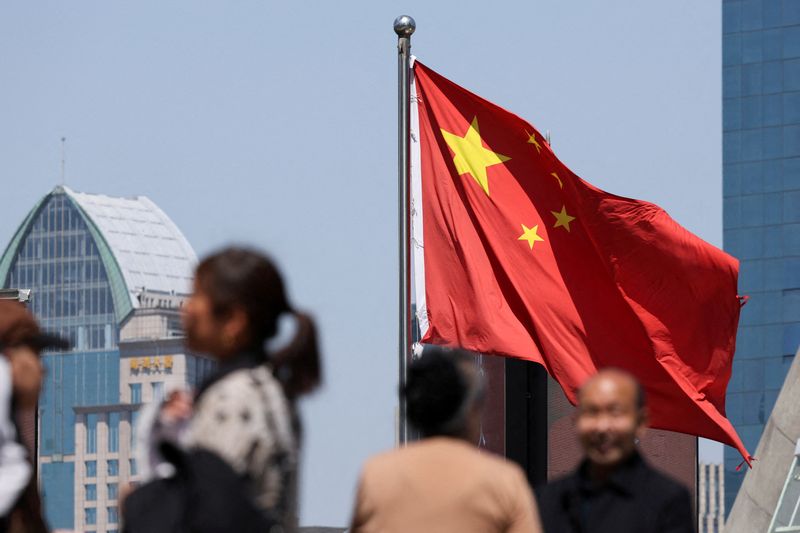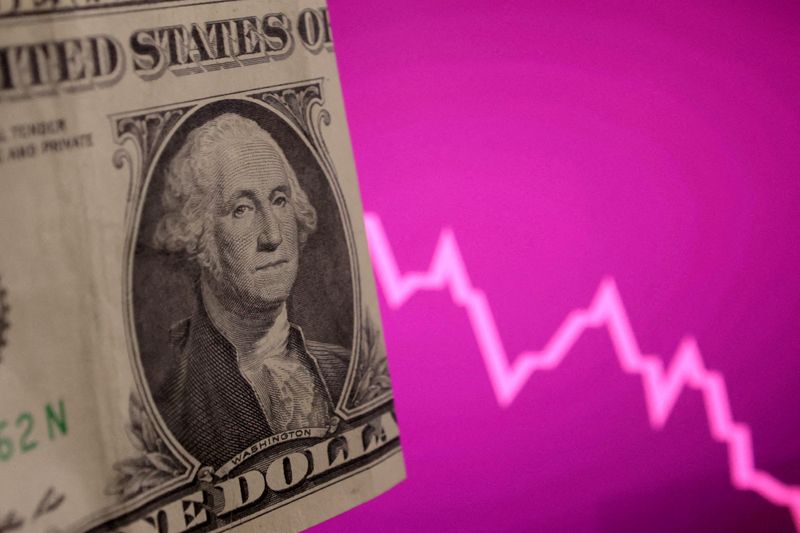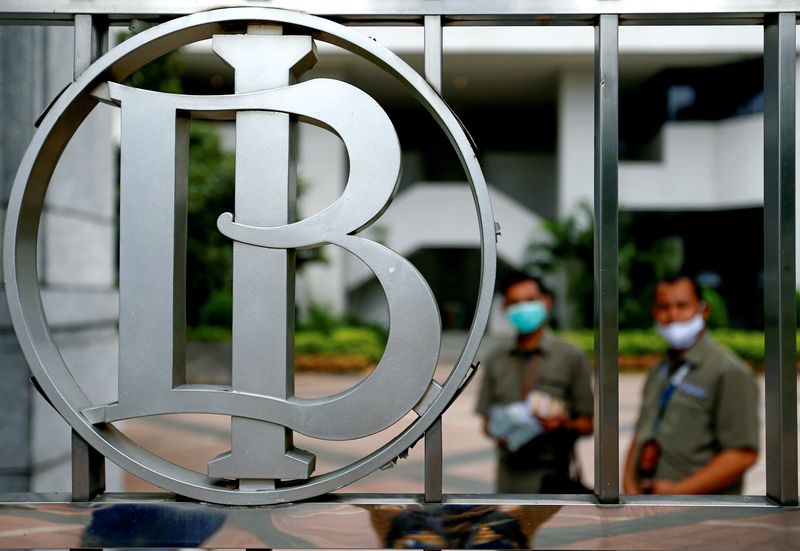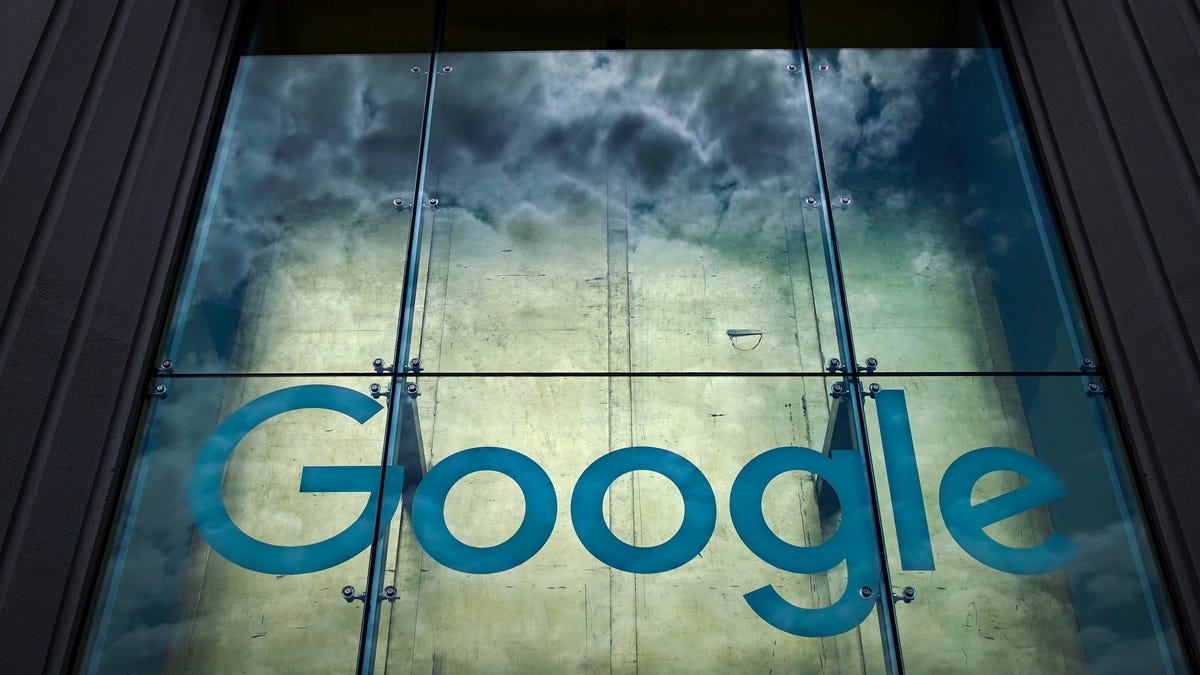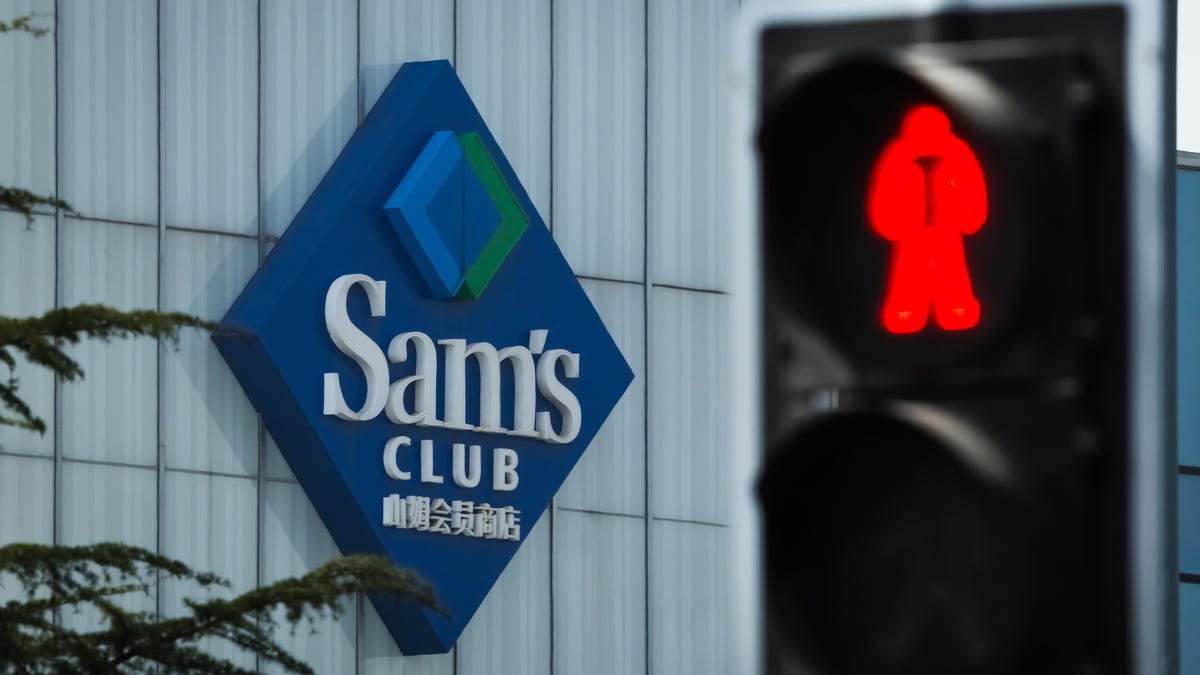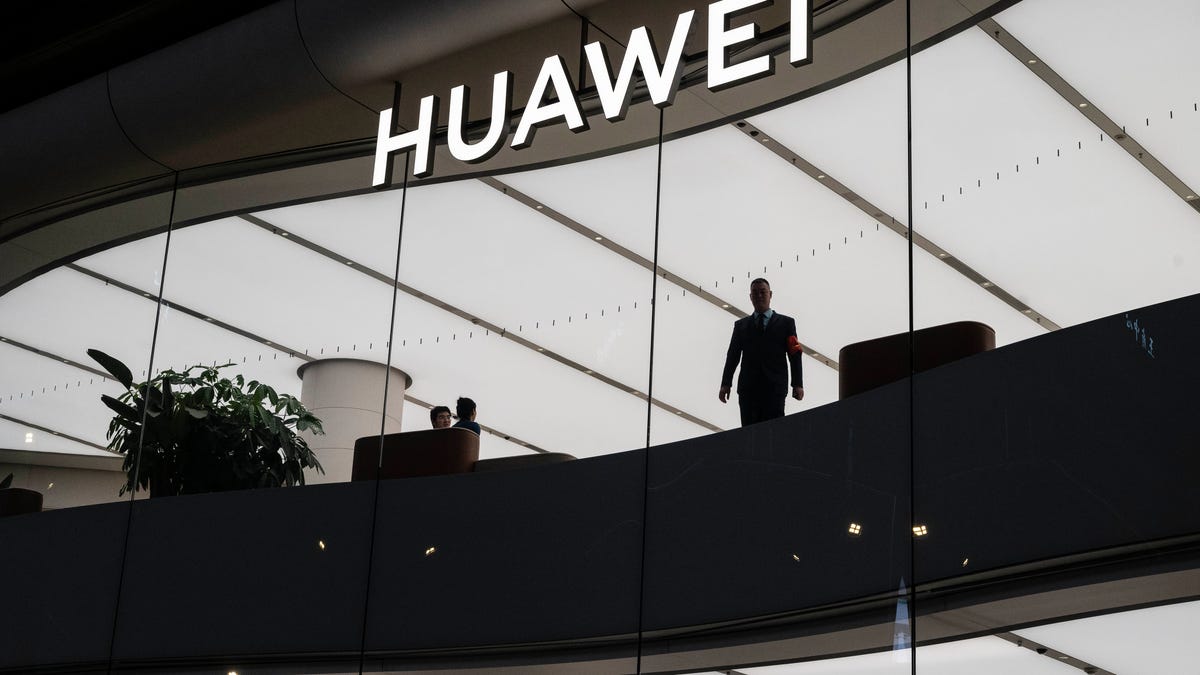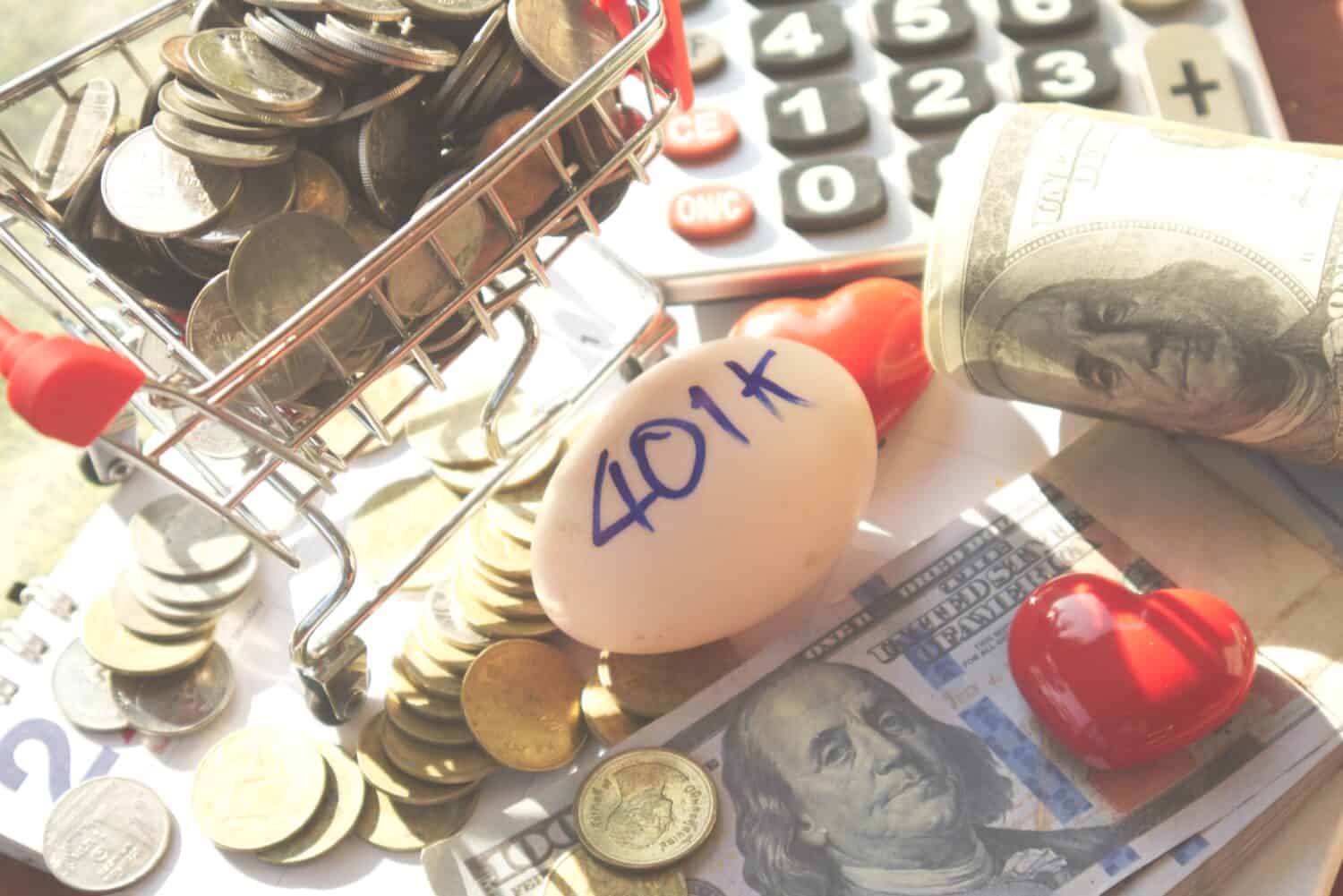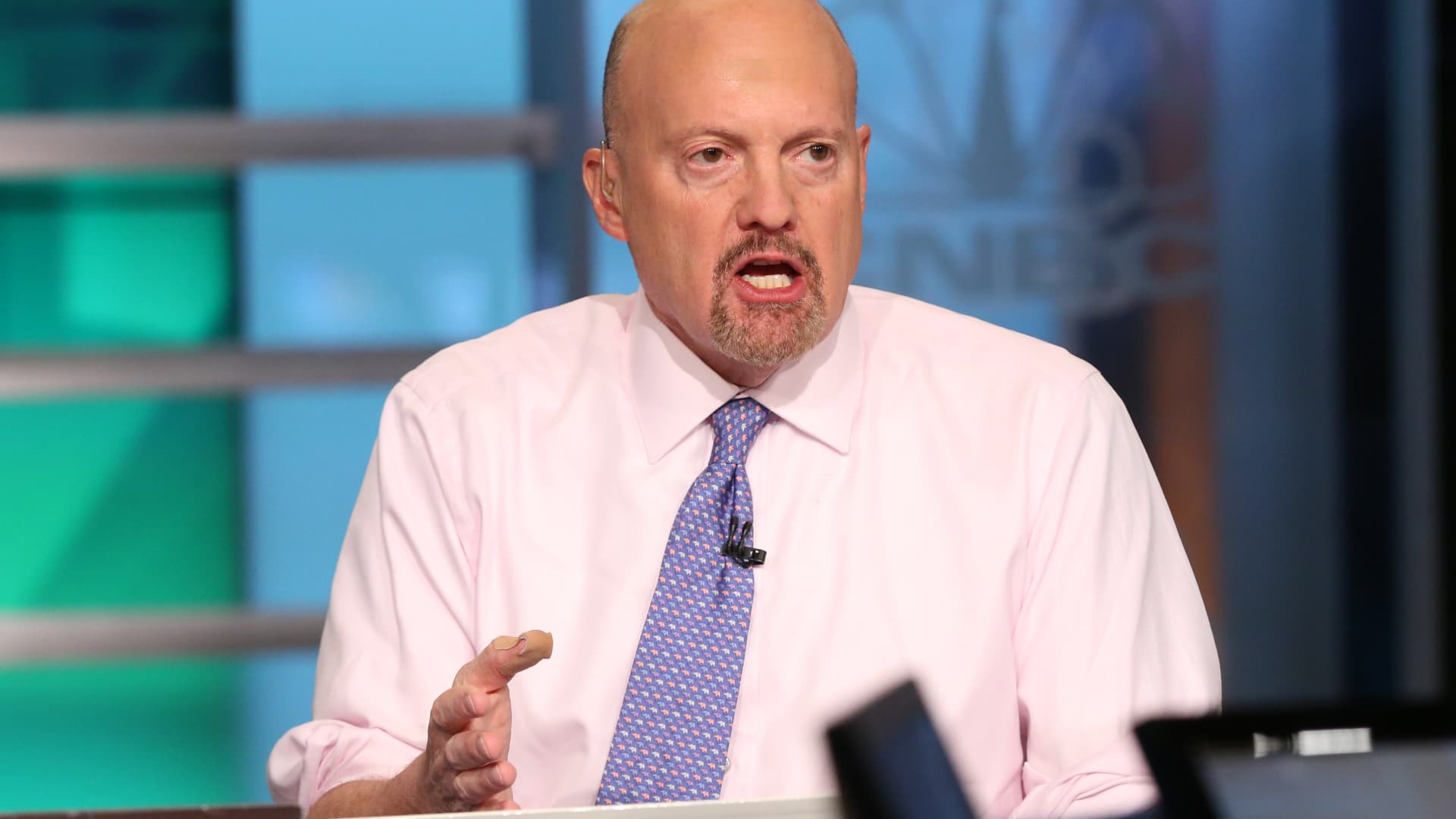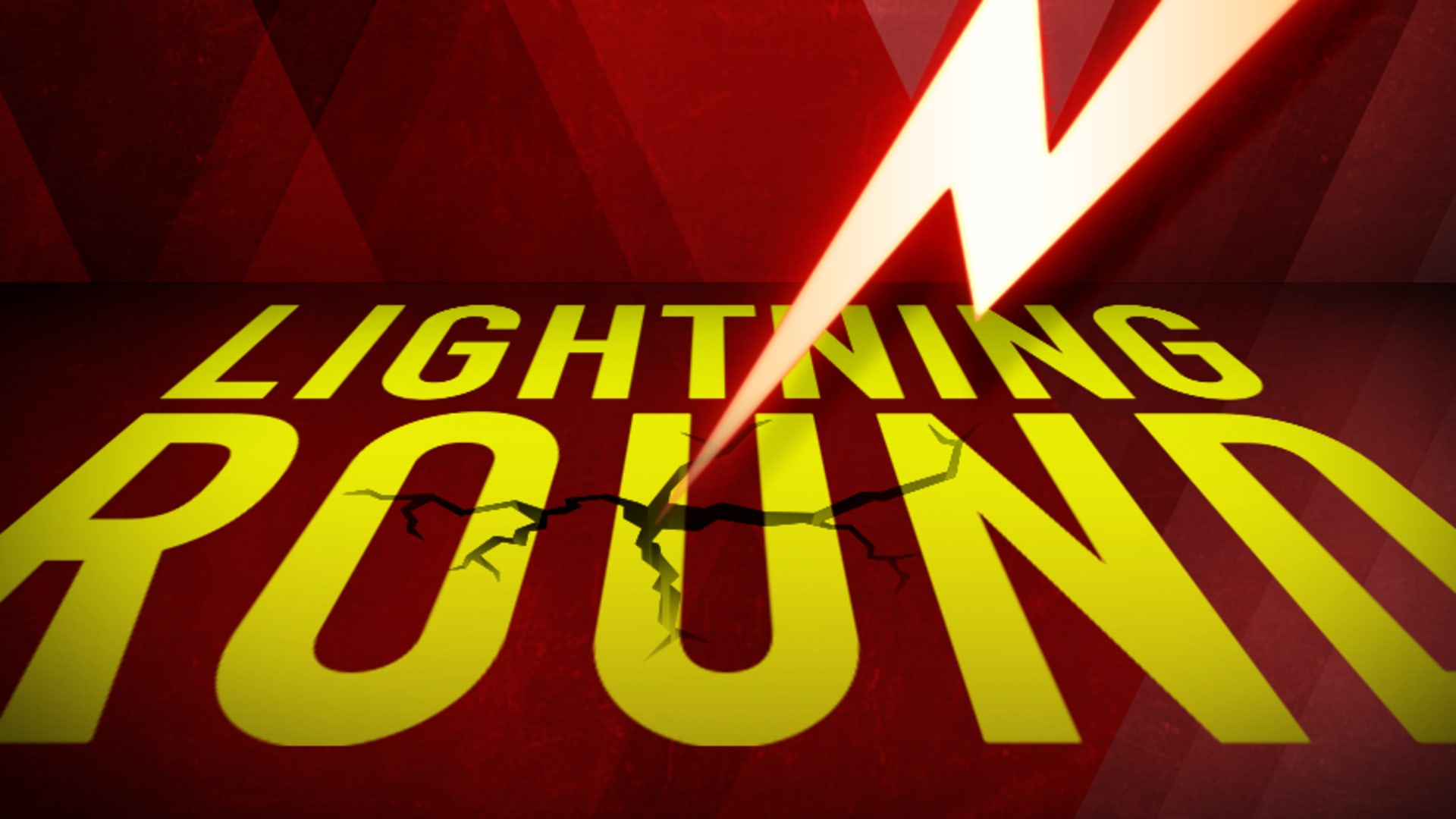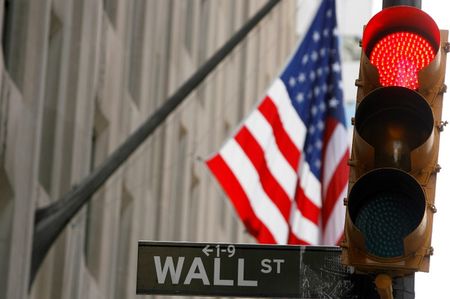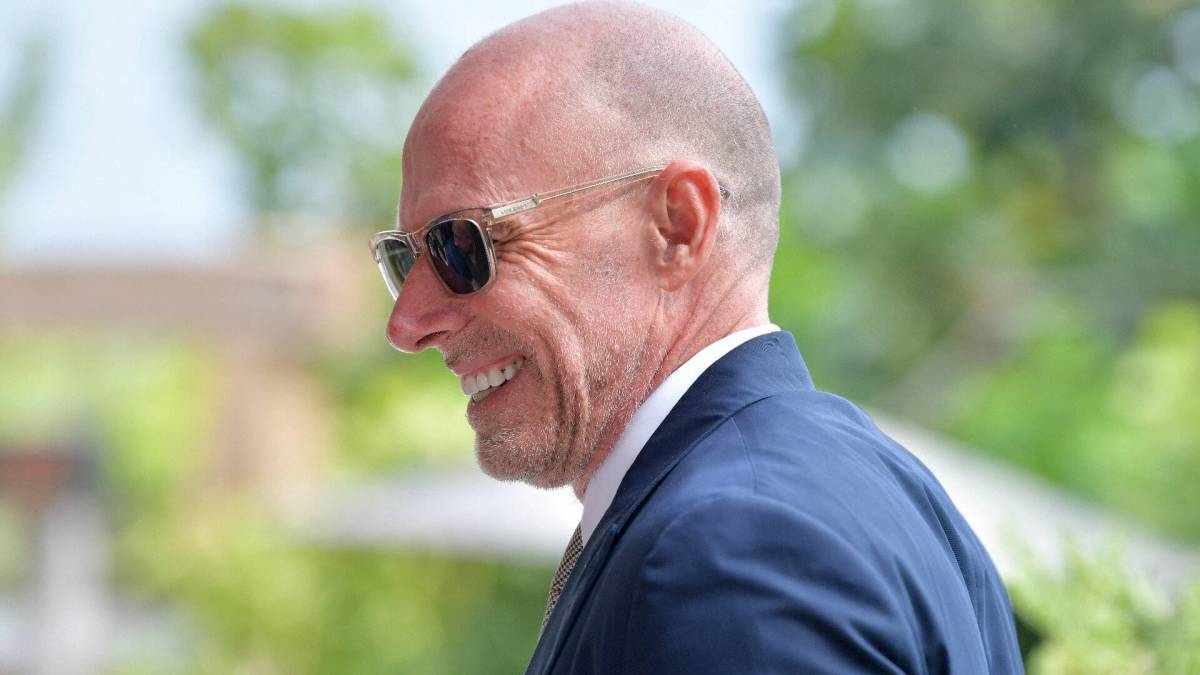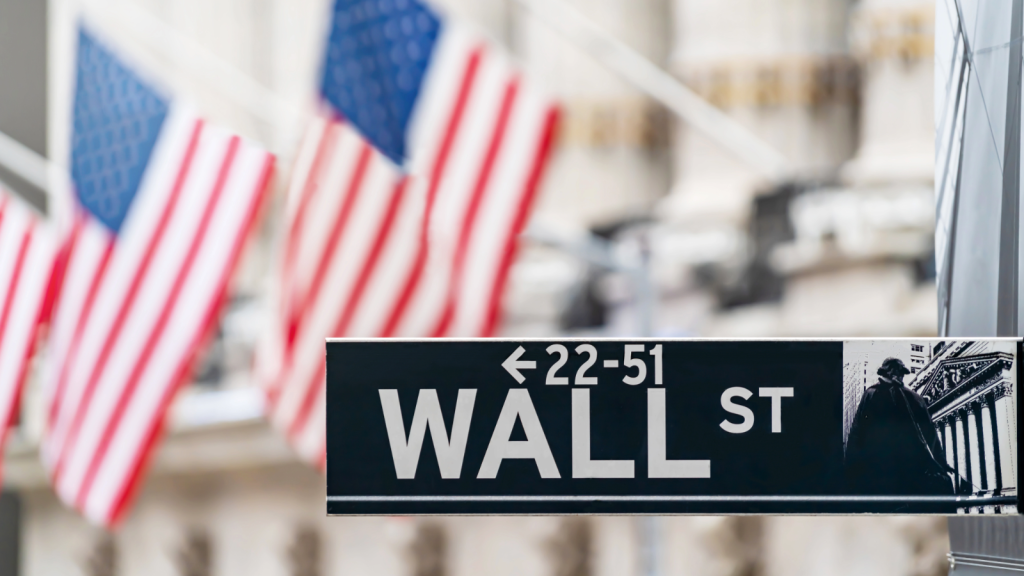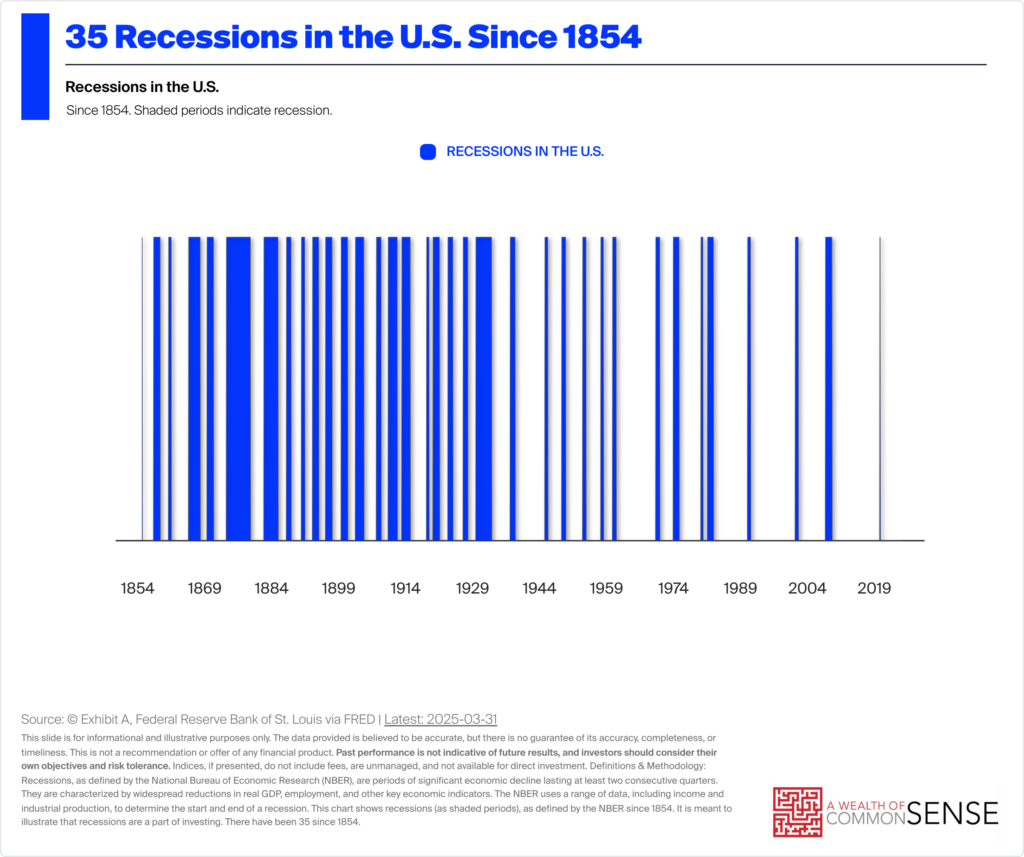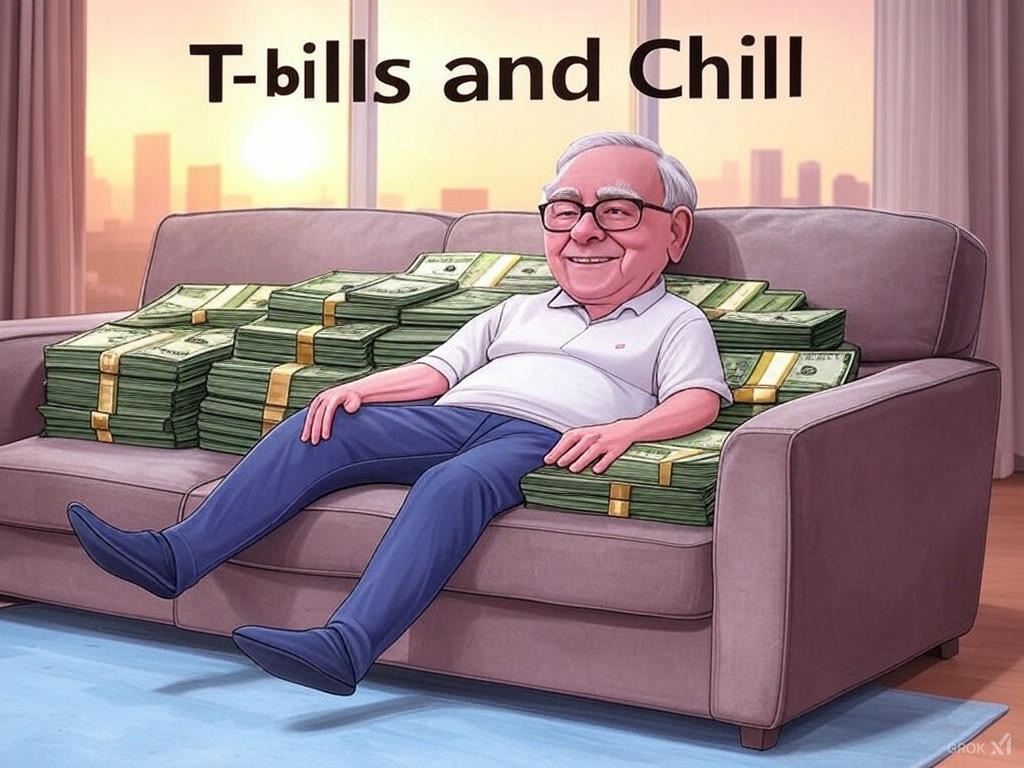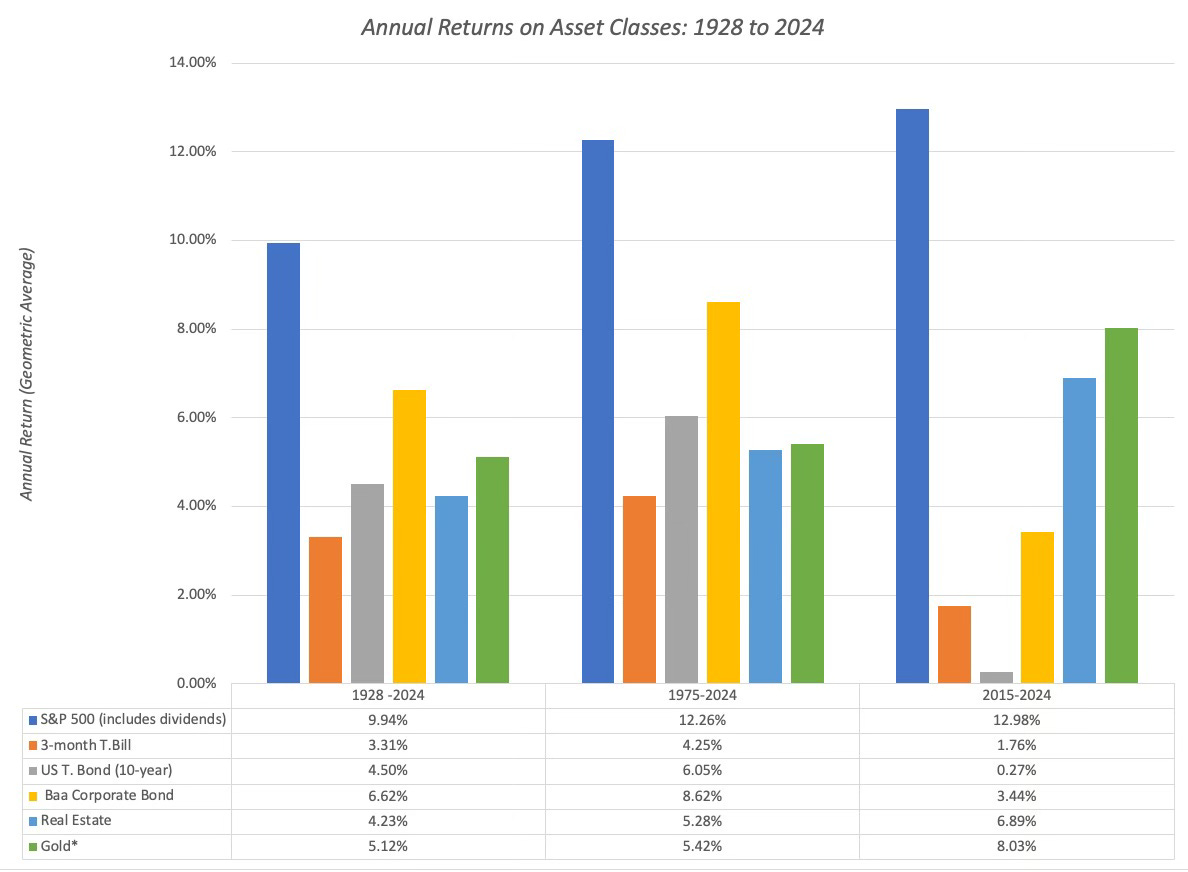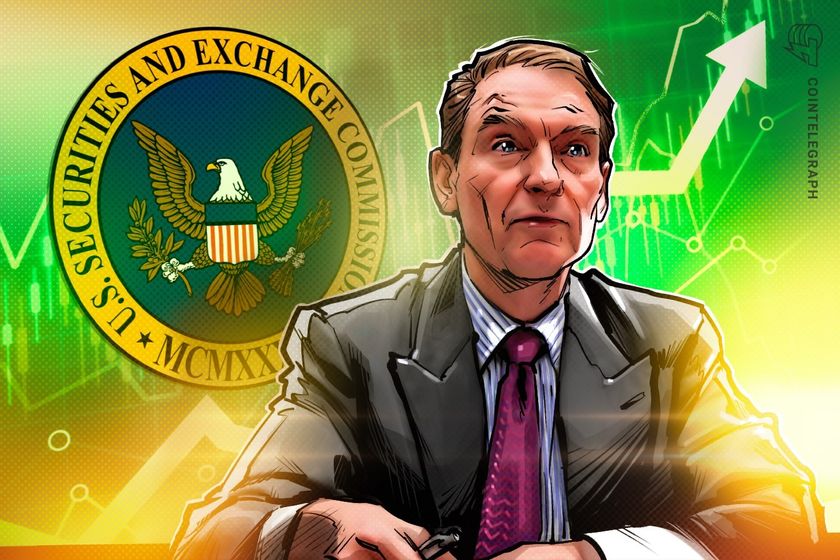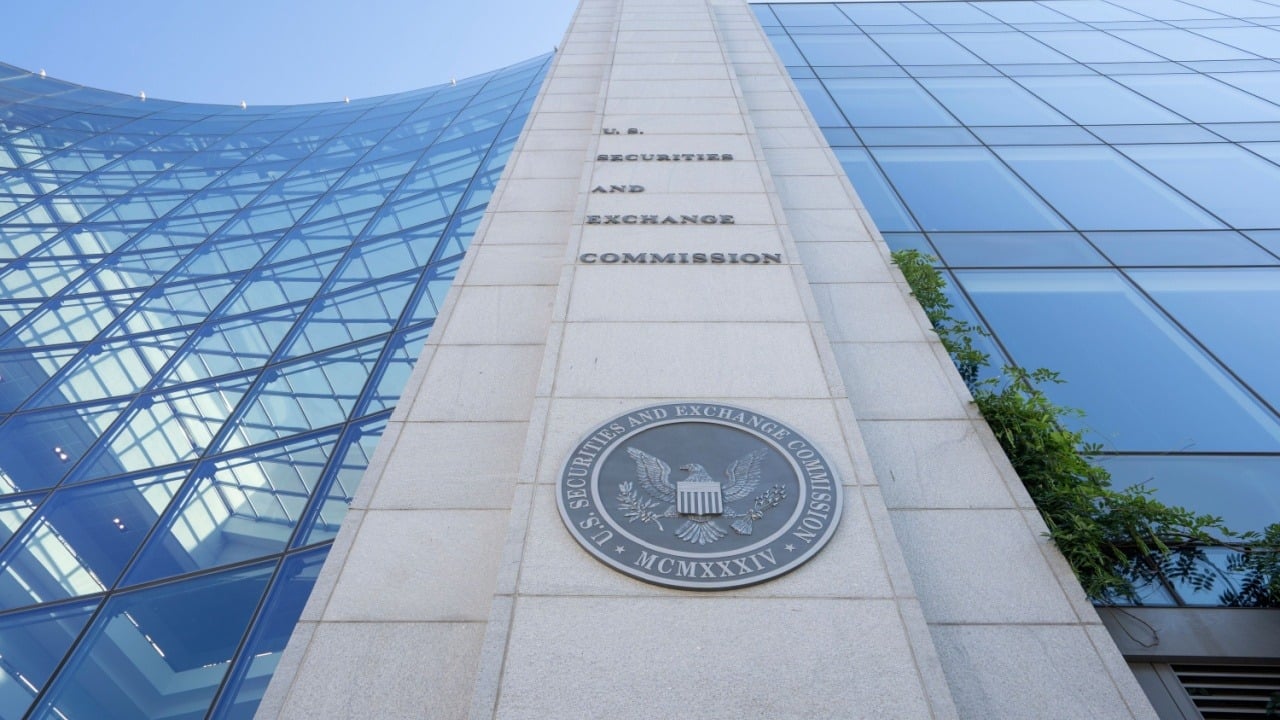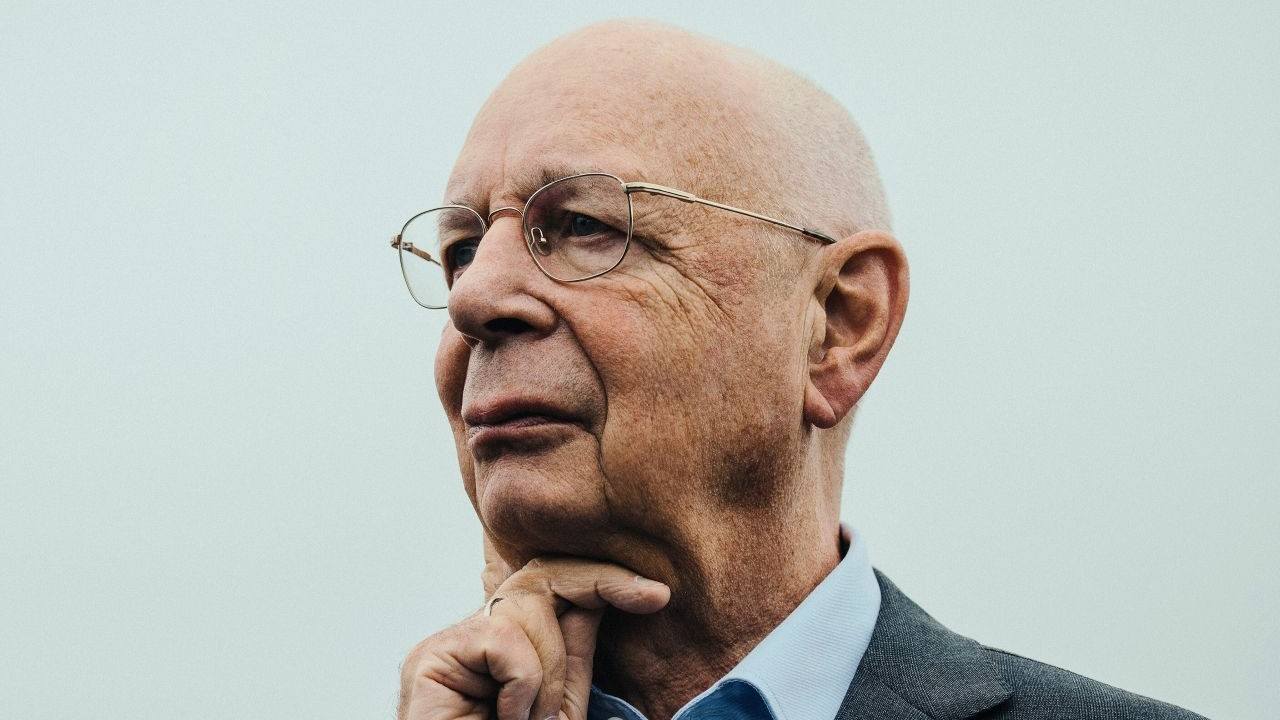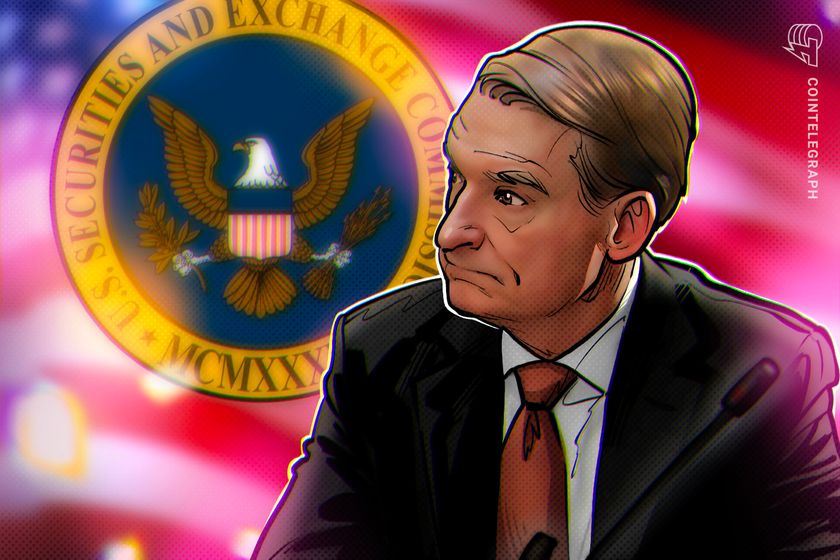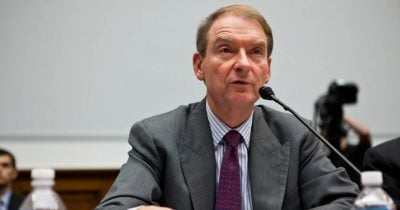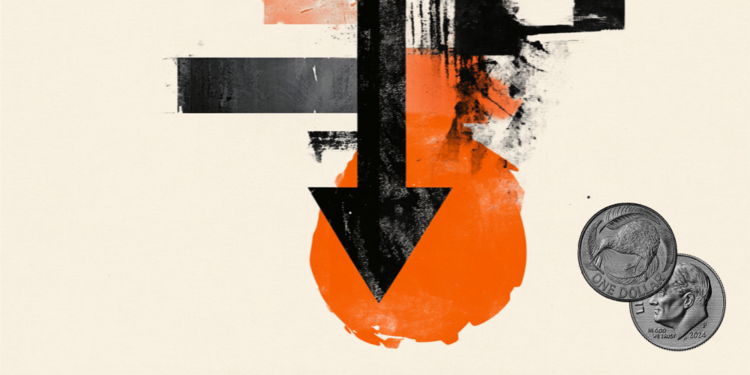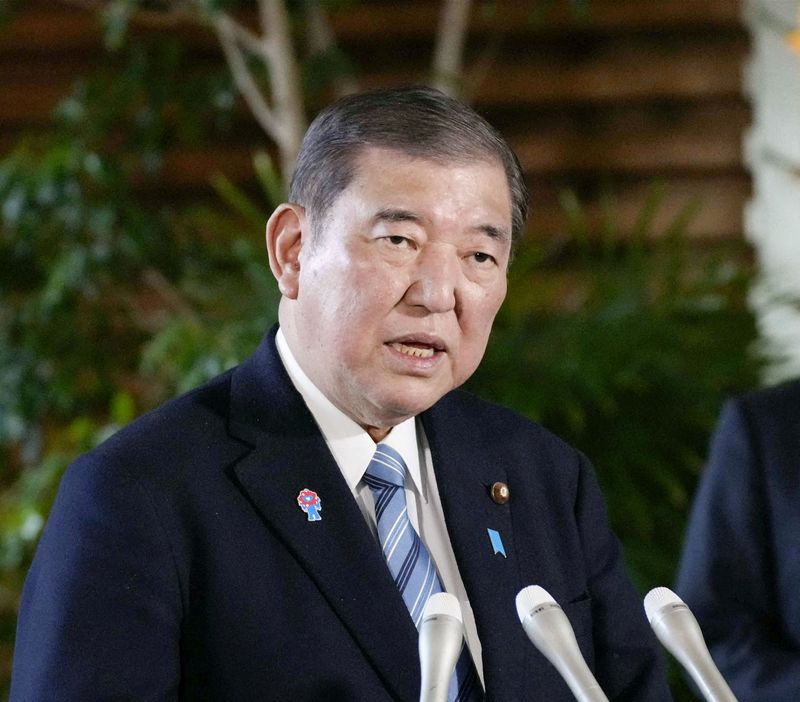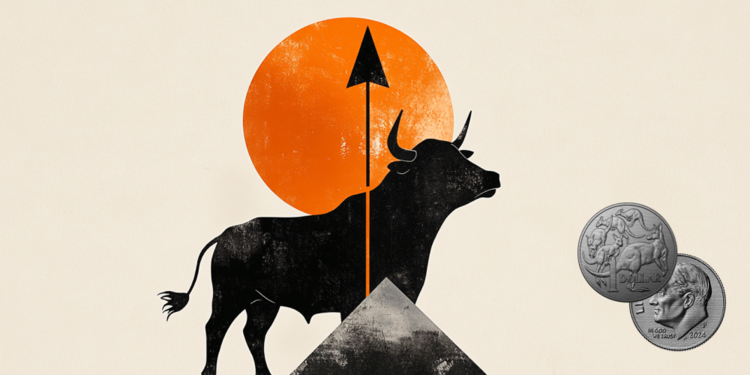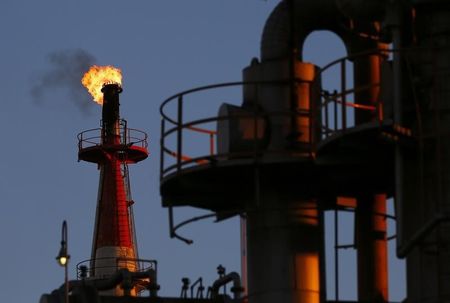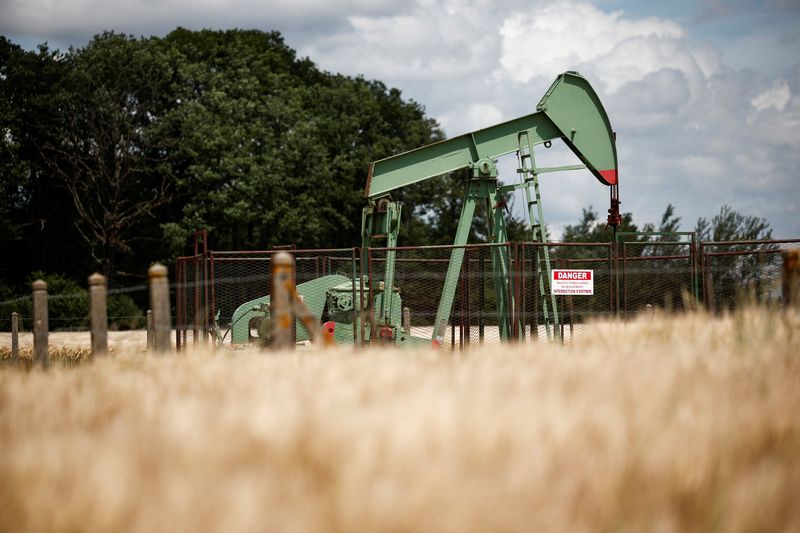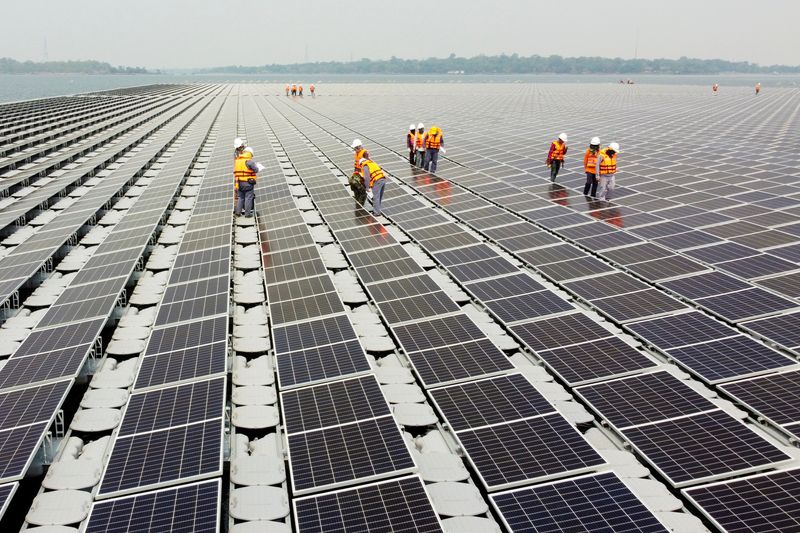I’m hesitant to make the jump into early retirement because the cost of healthcare is so unpredictable
Unexpected healthcare costs could have the potential to erode just about any sound retirement nest egg. Undoubtedly, left unchecked and unmanaged, such unforeseen, expensive surprises could downgrade one’s retirement lifestyle by a notch or two, or worse, cause one to raise debt, sell assets, or send one right back to work. Given the high and […] The post I’m hesitant to make the jump into early retirement because the cost of healthcare is so unpredictable appeared first on 24/7 Wall St..
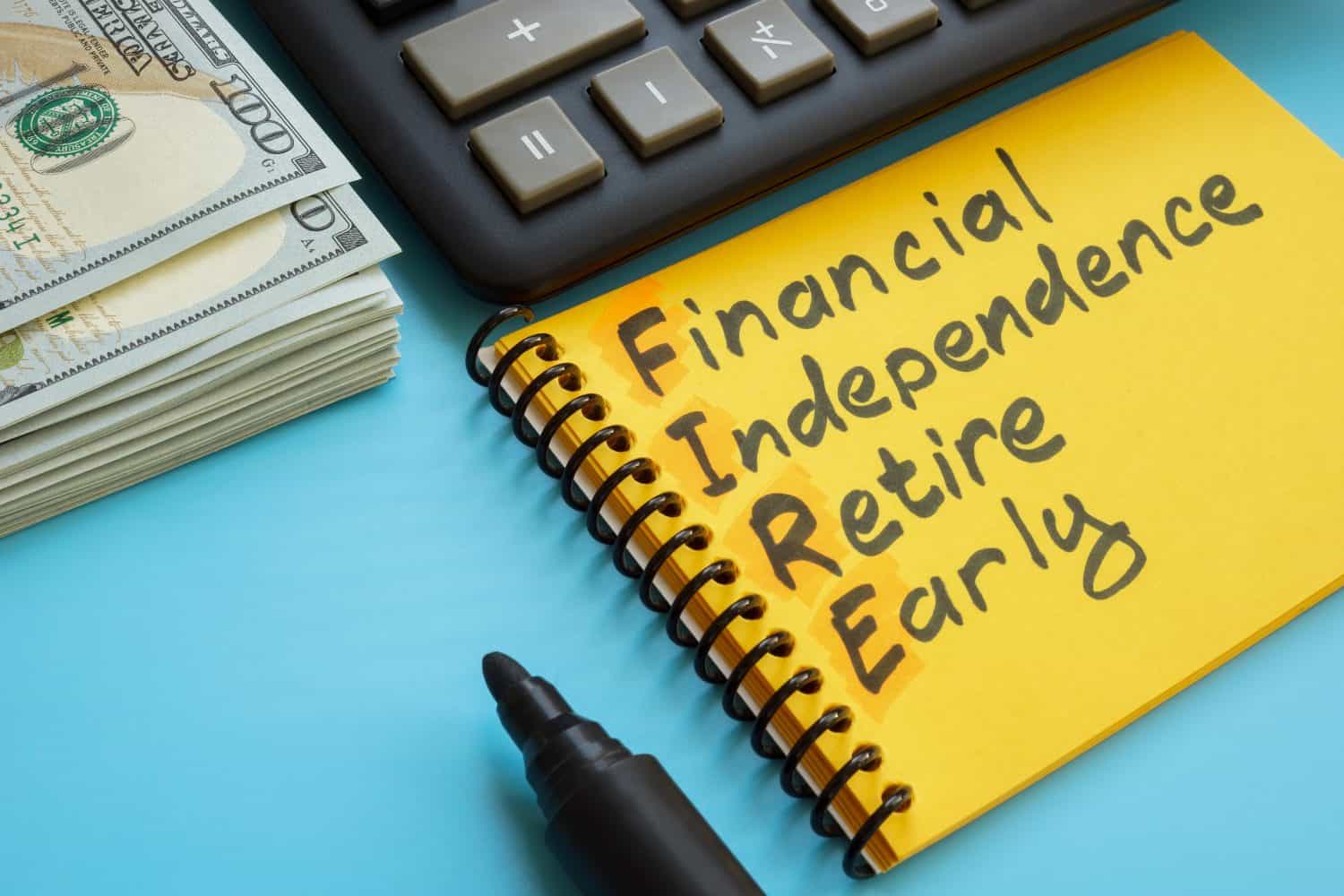
Unexpected healthcare costs could have the potential to erode just about any sound retirement nest egg. Undoubtedly, left unchecked and unmanaged, such unforeseen, expensive surprises could downgrade one’s retirement lifestyle by a notch or two, or worse, cause one to raise debt, sell assets, or send one right back to work. Given the high and continuously rising cost of healthcare and long-term care, it’s not a mystery as to why many well-off soon-to-be retirees aren’t feeling fully confident about transitioning into retirement.
With that in mind, it’s not at all a bad idea to be a bit more cautious by insisting on a fatter nest egg than one would need to support their lifestyle. Indeed, if it means having extra to take care of those unforeseen financial disasters, having a more padded nest egg could help one retire with a bit more confidence. And while there are ways to lower the magnitude of uncertainty with various (but pricey) insurance products, retirees should sit down with a financial-planning pro so that they can get a better gauge of the potential costs that could accumulate in the latter stage of one’s golden years.
For early retirees, the potential risks are that much more elevated since one’s nest egg will need to go farther and probably navigate through more crises, both economic and personal. The key is having a foundation in place that can withstand such turbulent times. In this piece, we’ll check in on a 40-year-old prospective early retiree I came across on the r/ChubbyFIRE subreddit. They’re paying fat premiums for health insurance and are a tad worried that rising costs could weigh on their “chubby” early retirement plans.
Key Points
-
Healthcare expenses are a major retirement risk that should be ironed out before leaving the workforce.
-
A financial planner can help prospective early retirees adjust their FIRE numbers in response to the rising cost of healthcare (and just about everything else).
-
Are you ahead, or behind on retirement? SmartAsset’s free tool can match you with a financial advisor in minutes to help you answer that today. Each advisor has been carefully vetted, and must act in your best interests. Don’t waste another minute; get started by clicking here here.(Sponsor)
The giant unknown of healthcare costs can act as a huge overhang on early retirements.
For our Reddit user, their health insurance premiums are quite lofty. And they should be expected to keep on rising from here. Indeed, at the relatively young age of 40, one has the option to stick around the workforce for a few years longer to have enough of a cushion to make one feel more secure in preparation for the unknown. If our Reddit user is keen on retiring early, I’d argue that going for a “moderate FIRE” is a fair compromise.
Indeed, it’s not as fancy as a “chubby” or “fat” FIRE, but if forgoing the extra added luxuries (think frequent travel to exotic destinations) means more peace of mind, a more moderate early retirement seems prudent, especially since we’re in the early stages of a tariff war, one that could continue to take a toll on the equity positions within our portfolios.
By downgrading one’s monthly expenses, one will be able to lower one’s withdrawal rate and have more than enough extra cash flow to take care of those rising insurance premiums or other unforeseen out-of-pocket costs. Of course, there may be no way to eliminate 100% of the uncertainties. But, at the very least, having larger cash flows can allow one greater financial wiggle room to take care of the nasty surprises as they come along without having to resort to some sort of Plan B (think returning to work or going into debt to finance hefty medical debts).
In any case, life is going to get more expensive. And planning accordingly before retiring is a must, especially for someone who already has more than their fair share of doubts.
The bottom line
As our Reddit user pointed out, there’s a great deal of uncertainty regarding healthcare expenses. And it’s worth sitting down with a financial advisor to prepare for those worst-case scenarios so that they become less surprising should they ever materialize in retirement. In any case, our Reddit user still has plenty of options as they look to find the right FIRE number.
Healthcare costs can really drain a retirement, and the great deal of uncertainty regarding future potential cash outflows, I believe, warrants a more conservative approach and perhaps a higher-than-expected FIRE number or a more modest “tier” of FIRE.
The post I’m hesitant to make the jump into early retirement because the cost of healthcare is so unpredictable appeared first on 24/7 Wall St..
